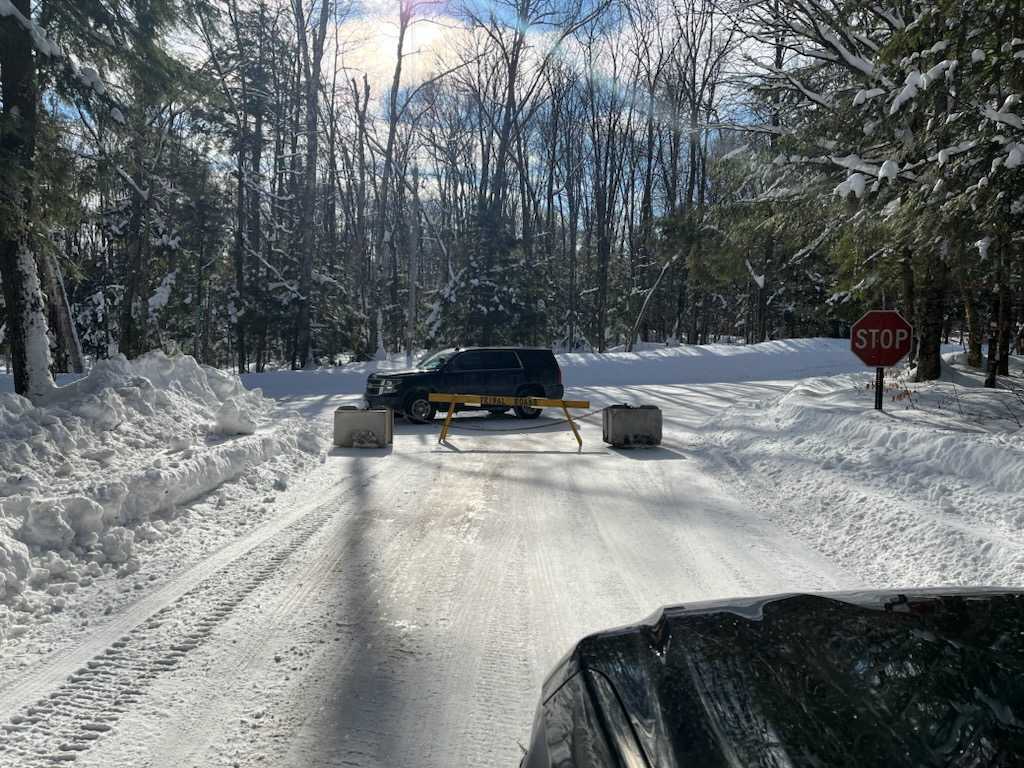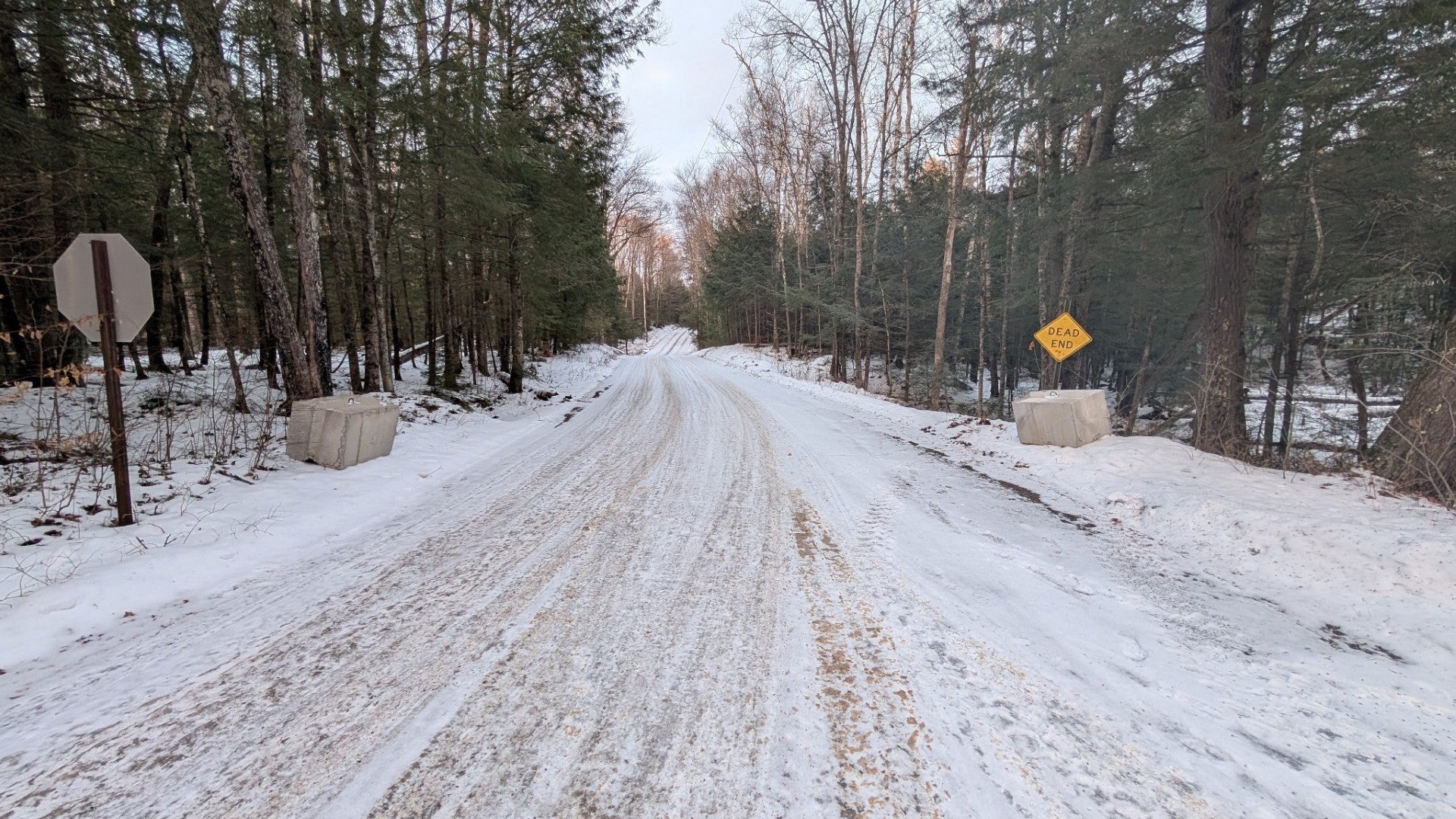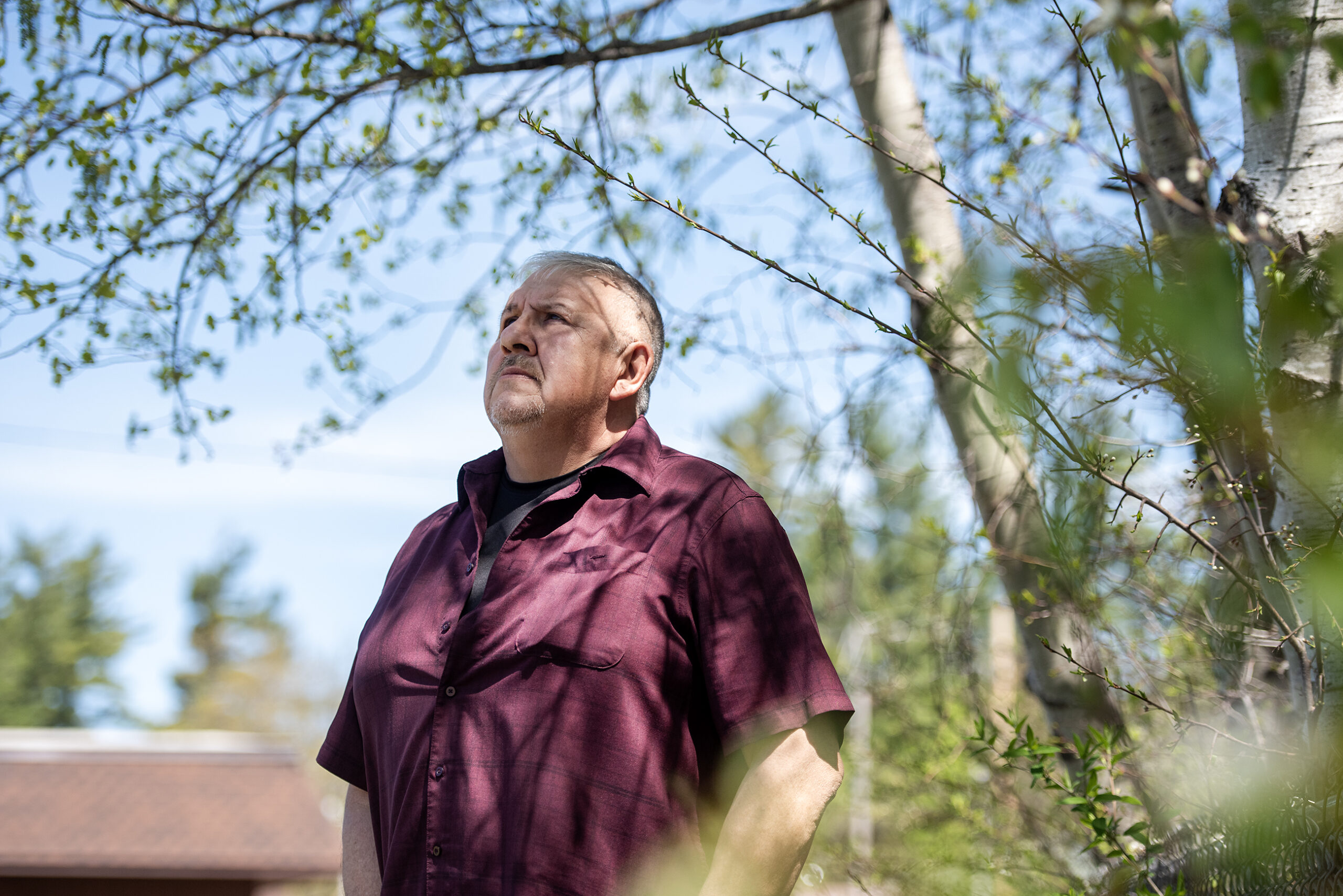The federal government is suing the Town of Lac du Flambeau for knowingly trespassing on land owned by the Lac du Flambeau Band of Lake Superior Chippewa. It’s the latest court action in a protracted dispute over town roads crossing reservation property.
The lawsuit alleges the town failed to renew expired right of way easements for four roads that provide access to homes within the reservation owned by non-native residents. Those easements, approved by the Bureau of Indian Affairs and the tribe in the 1960s, expired between 2011 and 2018.
The United States is seeking declaratory judgment that the town knowingly violated federal law, unspecified damages and the potential “ejectment from further unauthorized and unlawful use” of the tribe’s property.
Stay informed on the latest news
Sign up for WPR’s email newsletter.
The suit claims the town sent letters to residents living on some of the roads in 2014 that stated the town’s board of supervisors “intends to protect the road as a Town Road” and requested those individuals “not engage in further communication with the (Bureau of Indian Affairs).”
Members of the Lac du Flambeau Board of Supervisors did not respond to a request for comment on the trespass lawsuit.
UW-Madison Great Lakes Indigenous Law Center Director Richard Monette, told WPR the trespassing case is not without some legal foundation.
“However, it is not the best way to have chosen to resolve this,” Monette said.
Having the federal government sue the town will exacerbate bad feelings, he said, and won’t resolve the dispute in a way that could improve relations in the future. Monette also noted the federal government is suing on its own behalf in its sovereign governmental capacity and in its capacity as trustee for the tribe.
“If they truly are serving on their own behalf as sovereign, well, there’s an easy response to that,” Monette said. “Why didn’t you act like a sovereign and resolve this with your sovereign powers at the appropriate time?”
He said the tribe should have sued the U.S. Department of Interior for not properly managing right of way agreements as trustee.
While the easements expired years ago, the right of way dispute came to a head in late January when the Lac du Flambeau Band erected barriers blocking access to the town roads for more than a month.
Statements from the tribe echoed the trespass allegation in the latest United States’ suit. The band has said it was seeking $20 million for new easements and to pay for years of trespassing.
A temporary agreement between the town and the tribe was signed in March. In exchange for a total of $60,000 from the town, the tribe agreed to keep the roads open for three months. That agreement is set to expire this month.
A lawsuit filed in February by homeowners living along the roads accused Lac du Flambeau Band President John Johnson Sr. and members of the tribal council of taking the law into their own hands. The suit argued the roads must be kept open to the public because they were listed in the National Tribal Transportation Facilities Inventory.
The case is ongoing, but in April, the U.S. Department of Justice filed an amicus brief supporting the tribe. The brief argued the better way to settle the disagreement would be by way of a “trespass action” brought by the United States.
With the trespass suit now filed, the U.S. is asking a federal judge to declare that the “Town’s willful, unauthorized and continuing occupation” of the tribe’s lands without the authorization of the BIA and consent of the band violates the Indian Right-of-Way Act.
It also seeks an unspecified amount of monetary damages and an order “ejecting the Town from the Band’s lands and permanently prohibiting the Town from occupying or using the Band’s lands” without authorization from BIA and the tribe.
Wisconsin Public Radio, © Copyright 2025, Board of Regents of the University of Wisconsin System and Wisconsin Educational Communications Board.


